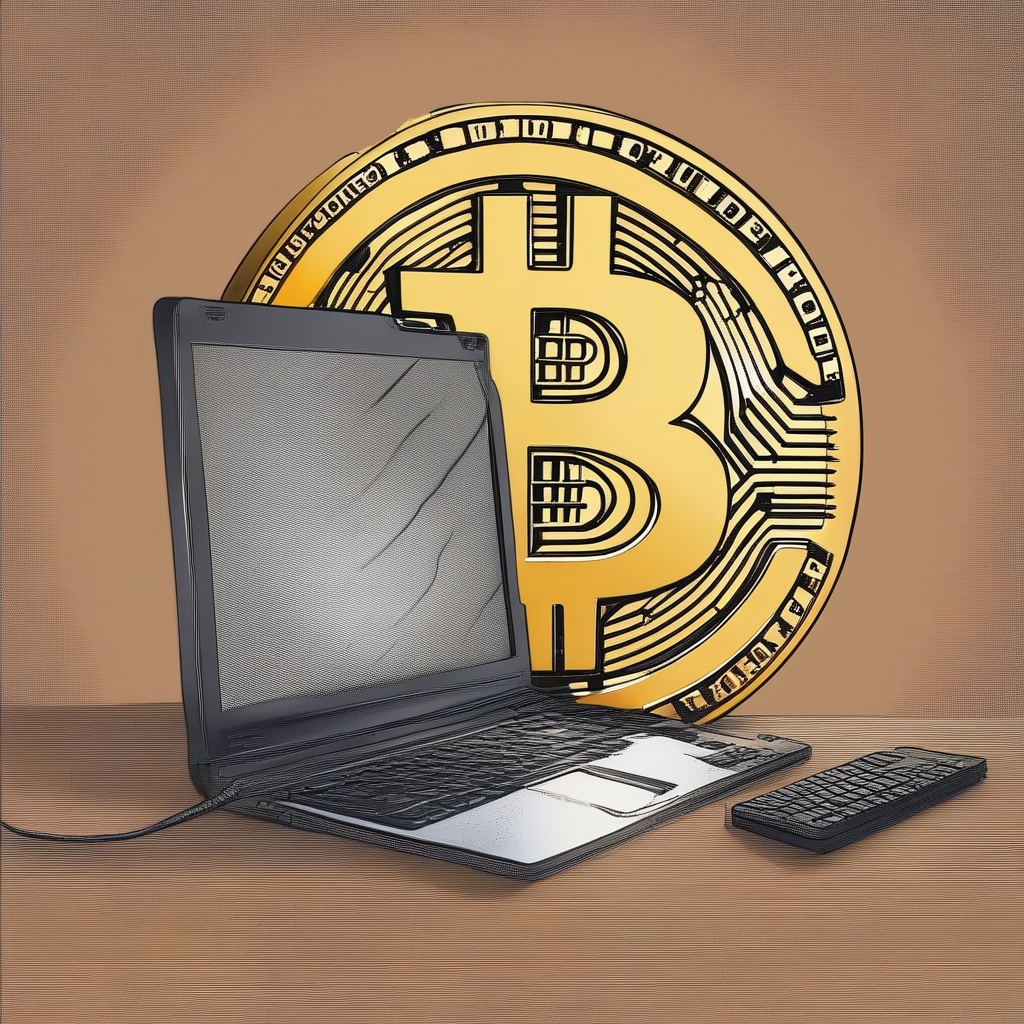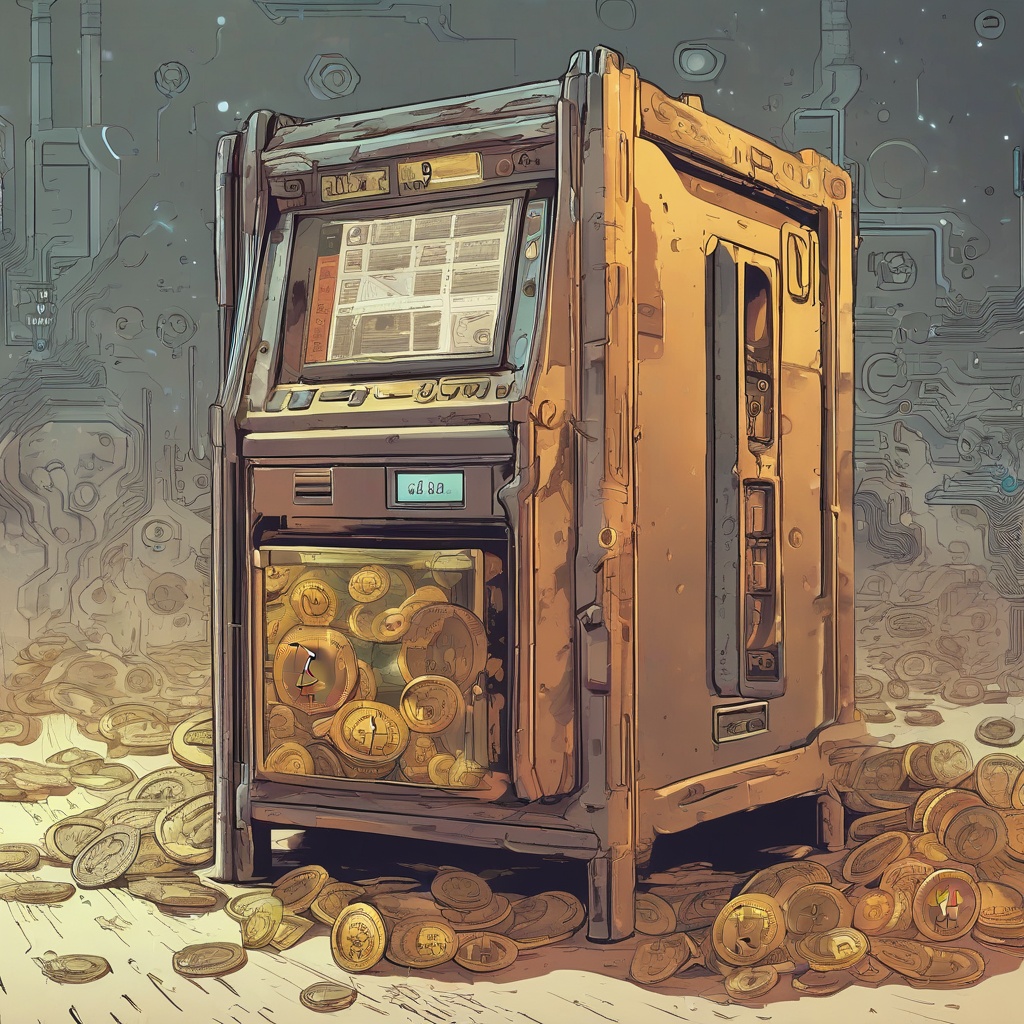Are bitcoin ransom emails a scam?
With the rise of Bitcoin and other cryptocurrencies, the question of whether bitcoin ransom emails are legitimate or simply a scam has become increasingly relevant. Many users have received emails demanding payment in Bitcoin to unlock their files or systems, often with a sense of urgency and threat. However, it's crucial to exercise caution and skepticism when faced with such demands. Are these emails truly from hackers who have compromised your system, or are they simply phishing attempts designed to trick you into sending money to fraudsters? In this article, we'll explore the telltale signs of a bitcoin ransom scam and provide tips on how to protect yourself from falling victim to such schemes.

Is bitcoin mining a scam?
Is Bitcoin mining truly a legitimate process, or is it merely a facade for some elaborate scam? Many have questioned the authenticity of bitcoin mining, citing concerns over its energy consumption, environmental impact, and potential for fraud. Is it really possible to earn bitcoins through mining, or is it just a means for unscrupulous individuals to extract resources from unsuspecting investors? And if bitcoin mining is indeed a viable option, what are the risks involved? Is it worth the investment of time, money, and resources? It's a question that demands a thorough investigation into the intricacies of bitcoin mining and its potential for profitability or deception.

Why do people want Coinbase to pay for a scam?
With the recent surge in cryptocurrency popularity, it's become increasingly common to hear of scams and fraudulent activities within the digital currency landscape. One question that often arises is, "Why do people want Coinbase, a leading cryptocurrency exchange, to pay for a scam?" The answer lies in the perception of Coinbase as a trusted and reliable platform in the crypto space. Many investors and users view Coinbase as a gateway to the world of digital currencies, and as a result, they expect a certain level of security and protection. When a scam occurs, especially one involving Coinbase's platform or services, users often feel betrayed and seek compensation, hoping that Coinbase will take responsibility and reimburse them for their losses. However, the reality is that Coinbase, as a platform, cannot be held liable for all scams and fraudulent activities that occur outside of its direct control.

What is the AMS token scam?
Could you elaborate on the AMS token scam? I've heard whispers about it but am unclear on the specifics. Is it a fraudulent scheme involving the issuance of AMS tokens? How does it operate? Are investors being misled or deceived in some way? What are the telltale signs that someone might be involved in this scam? And most importantly, how can investors protect themselves from falling victim to such a scam? I'd appreciate a concise yet comprehensive explanation of the AMS token scam and its implications.

What is a 'crypto miner' & 'hijacking' scam?
I don't understand this question. Could you please assist me in answering it?

